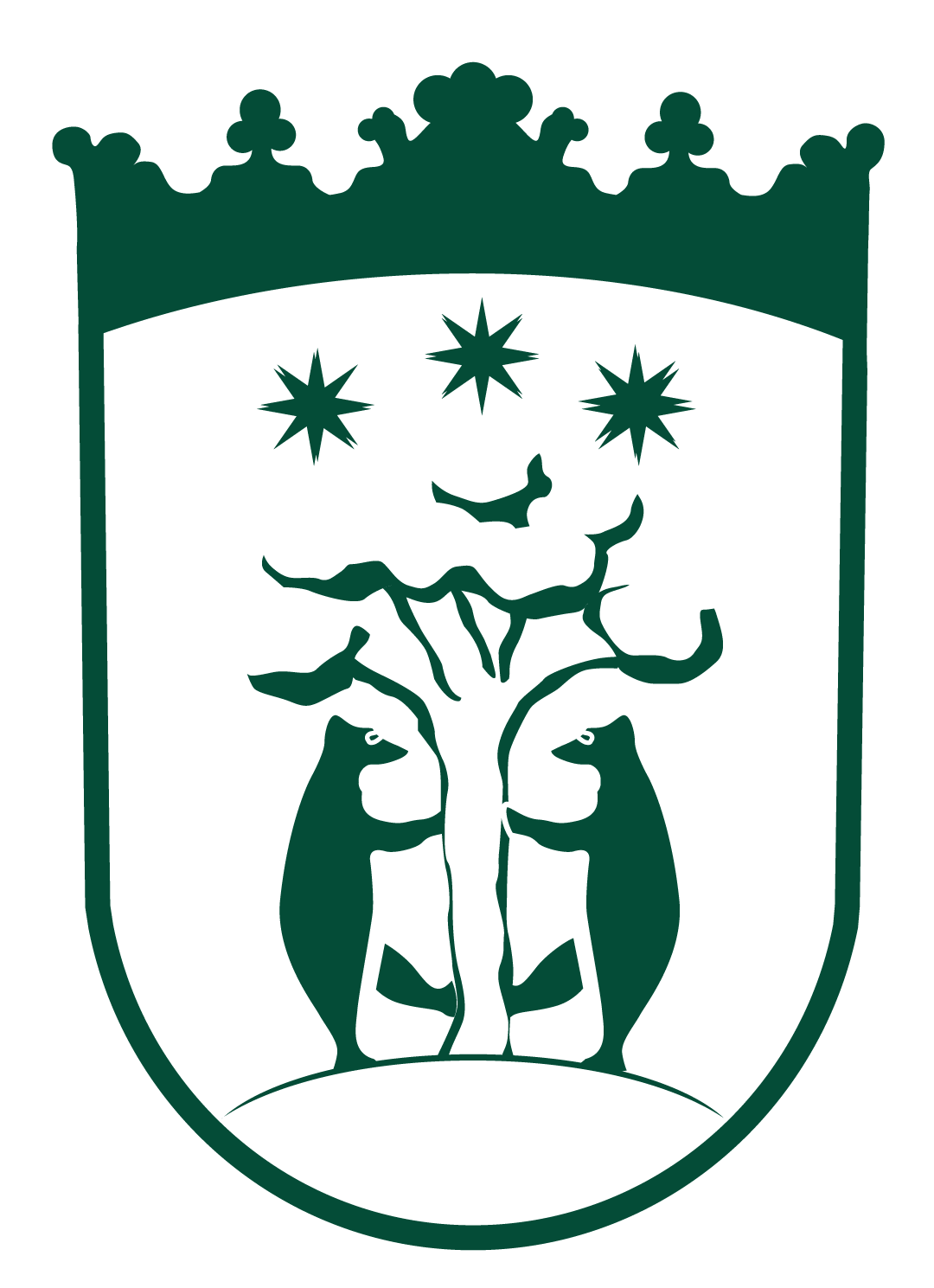PILAPALUCCI
EDUCATIONAL FARM
In the heart of the Apulian Romanesque
DIDACTIC FARM
The Masseria is enlisted in the register of the Puglia Region by decree.
It has collaboration agreements with the University of Gastronomic Sciences of Pollenzo, with the University of Bari, and has participated in community and international cultural exchange projects. The Masseria, founder of the Slow Food Presidium “Mandorla di Toritto”, often awarded by Legambiente for sustainability projects, promotes the teaching of the territory through theoretical and experiential paths both with schools of all levels and with cultural associations of service and social promotion.
You can choose from the following routes lasting about 4 hours.
1) ALMOND, HEALTH AND NUTRACEUTICS
Walk in the almond plantations with a description of the agronomic techniques of the Slow Food disciplinary and the organoleptic and nutritional qualities of this dried fruit. History of the famous “Almond of Toritto” and preserved native varieties and illustrations of the almond economy. The terroir, particularly suited for almond growing, together with the lama flanked by the tratturello, is a natural laboratory and an ecosystem with the presence of local flora, including downy oaks, mastic, thyme, laurel, carob. Dry stone walls, trulli, terraces, the ancient oven and the carrier pigeons tower make the landscape an open book on nature and history, in which human activity has interacted in the best way with a harsh but fascinating nature. The visit of the farm ends with the creation and tasting of a healthy almond-based dish that provides techniques for better sensory understanding, together with bio-nutritional, agronomic and historical data. The aim is to train consumers who are aware and attentive to sustainable and healthy lifestyles.
2) THE MASSERIA AND ITS ECONOMIC, CULTURAL AND SOCIAL ENVIRONMENT
The lithic Masserie in the Premurgia area are an example of the perfect functional adaptation to traditional economic activities, with remarkable results of architectural and aesthetic harmony. The current multifunctional company has its roots in a tradition of coexistence between breeding and cultivation, in which the history of the D’Urso family is intertwined with the new vocation for land conservation, sustainable agriculture and biodiversity. The experimental teaching consists of creating a timeless recipe: by putting your hands in the dough, a crunchy bread with sourdough and seeds will take shape, or the tasty focaccia with various condiments or the typical orecchiette, Bari’s traditional gastronomic pride.
3) AMONG SMALL TRACTORIES AND WOODS OF ROVERELLE
Pilapalucci has at its heart spots of the ancient Toritto wood, a lost botanical wonder which was destroyed by the Piedmontese after the unification of Italy to prevent the Brigands from infiltrating Bari, and a large posta delle pecore, one of the most evocative of the area. The various tratturelli that branch off from the farm testify to the connection of this countryside with the complex system of sheep tracks that led from Puglia to Abruzzo. The educational itinerary consists of a walk along what D’Annunzio called the “silent river of grass”, paths traveled by sheeps, and the description of the culture of transhumance. A taste laboratory closes the educational day with a description, elaboration and tasting of a revisited dish of the local gastronomic tradition, between ancient and innovation.

